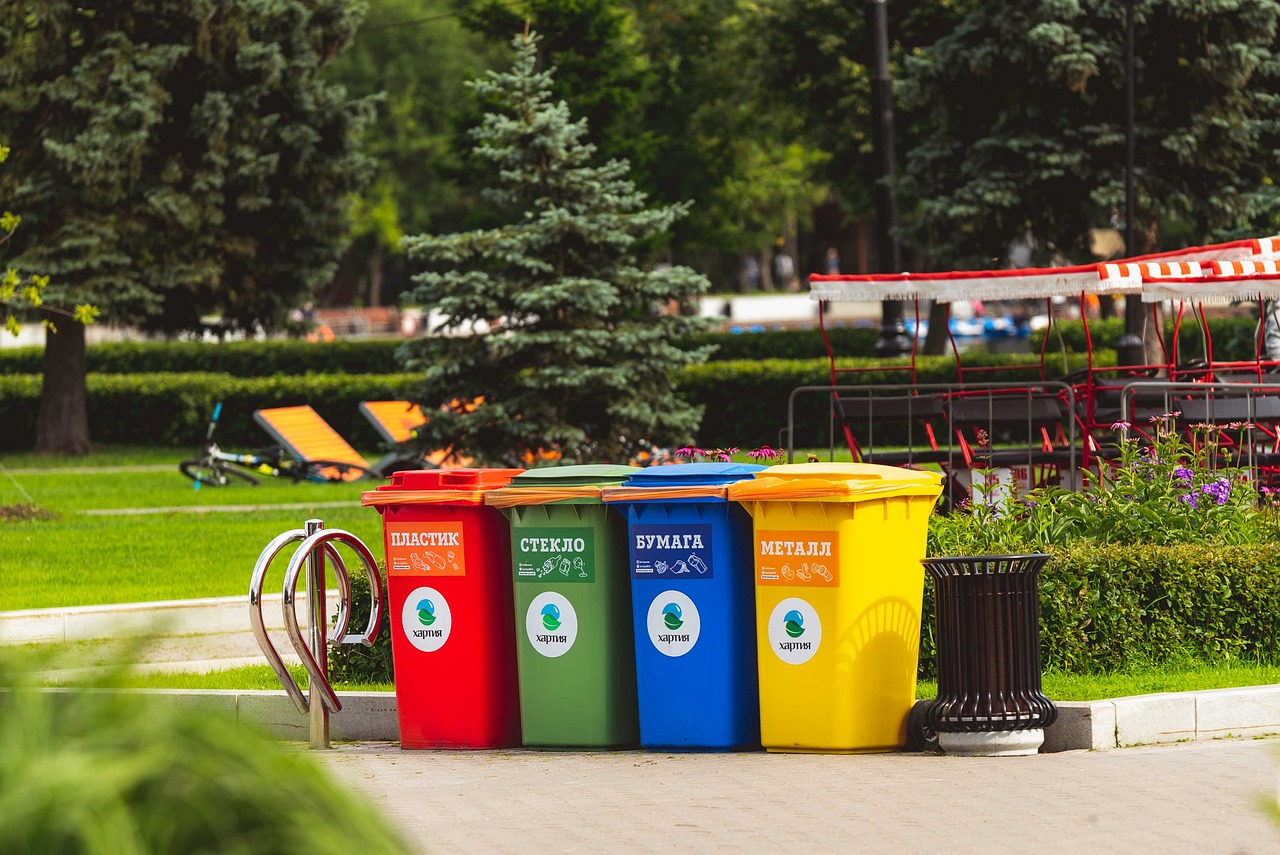
International Day of Zero Waste 2025

International Day of Zero Waste 2025: Tackling Waste for a Sustainable Future
Observed annually on March 30, the International Day of Zero Waste promotes global efforts to address the waste crisis and advance sustainable production and consumption practices. Established by the United Nations General Assembly in 2022, this observance highlights solutions for resource recovery, reducing pollution, and protecting both human and environmental health.
Addressing the Waste Crisis
Every year, between 2.1 and 2.3 billion tons of municipal solid waste are generated worldwide, ranging from plastics and food to electronics. However, billions of people lack access to proper waste collection services, leading to severe pollution and environmental degradation.
Efforts to achieve zero-waste societies focus on treating waste as a resource, reducing waste generation, and promoting reuse and recycling. Products must be designed to be more durable and efficient to minimize environmental impact.
Background
On December 14, 2022, the United Nations General Assembly proclaimed March 30 as the International Day of Zero Waste. Türkiye led the resolution, supported by over 100 countries. The observance complements previous initiatives like the global push to end plastic pollution, highlighting the role of sustainable waste management in achieving the 2030 Agenda for Sustainable Development.
The United Nations Environment Programme (UNEP) and the United Nations Human Settlements Programme (UN-Habitat) facilitate activities to advance global zero-waste efforts.
Connection to Sustainable Development Goals
The International Day of Zero Waste directly supports the following Sustainable Development Goals:
SDG 11: Sustainable Cities and Communities – Enhancing urban resilience through improved waste management systems.
SDG 12: Responsible Consumption and Production – Promoting sustainable practices to reduce waste and resource depletion.
Taking Action
To achieve zero-waste societies, all stakeholders must collaborate. Individuals can reduce consumption, repair, and recycle products, while governments and industries must drive financing, policy reforms, and infrastructure improvements.
Did You Know?
Humanity produces 430 million tons of plastic annually.
Without urgent action, annual municipal solid waste could reach 3.8 billion tons by 2050.
Solid waste generated in one year could circle the Earth 25 times if packed end-to-end.
Join the Global Effort
Take part in the International Day of Zero Waste by promoting zero-waste initiatives in your community. Share your actions on social media using #ZeroWasteDay and #BeatWastePollution. Together, we can reduce waste, protect resources, and build a more sustainable world.
